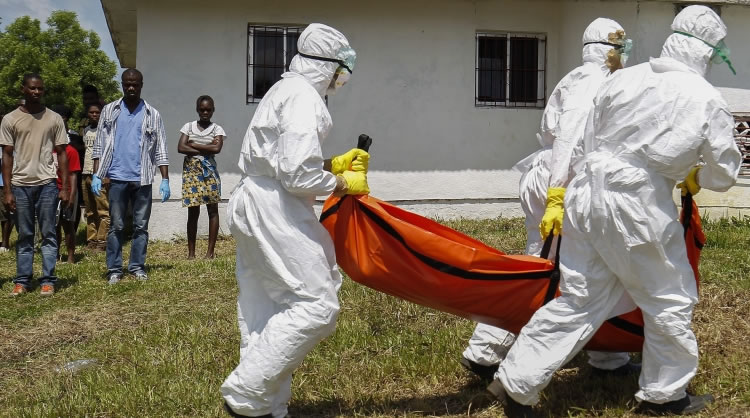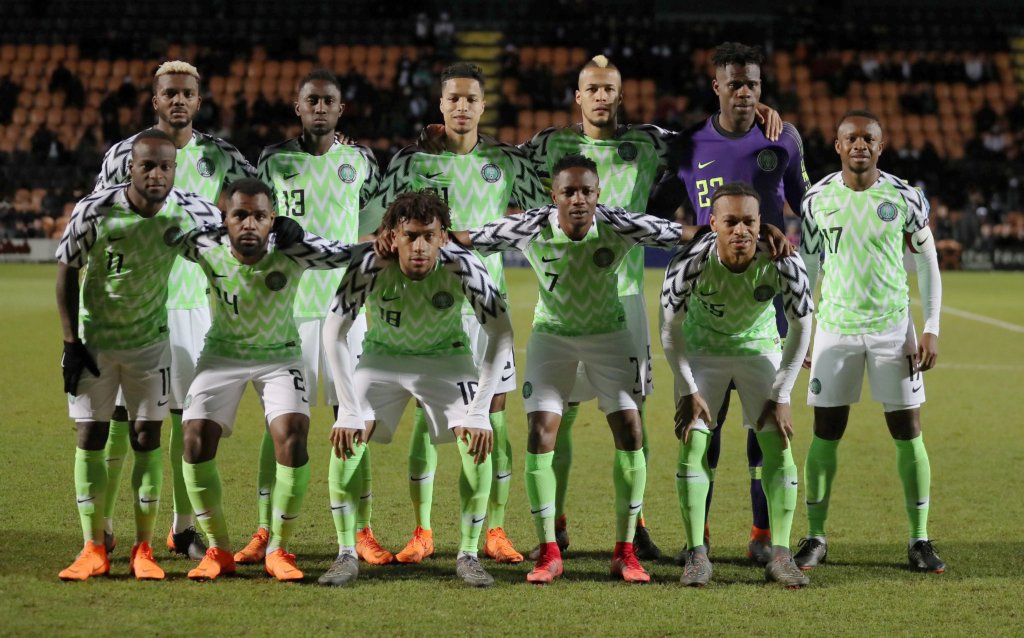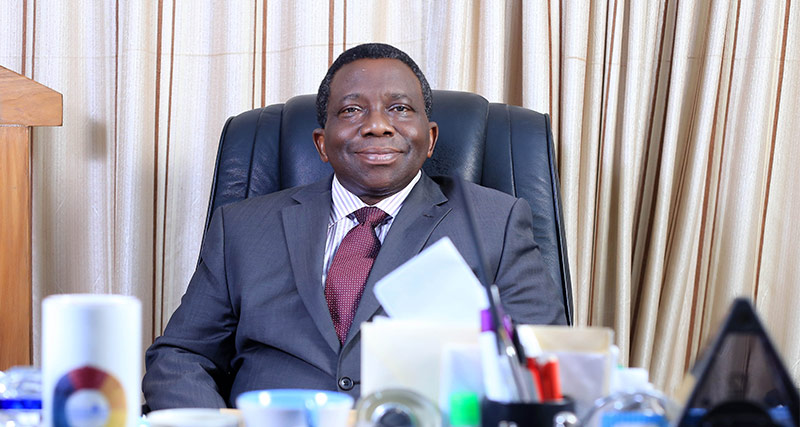Two Democratic Republic of Congo Ebola patients who fled hospital in the city of Mbandaka on Monday attended a prayer meeting with 50 people hours before they died, Jean-Clement Cabrol, an emergency medical coordinator at Medecins Sans Frontieres (Doctors Without Borders), said on Thursday.
Health officials are scrambling to contain an outbreak of the deadly disease in the heavily populated port city in northwest Congo that is believed to have killed 22 people since April.
Two new deaths from Ebola and seven new confirmed cases have been recorded in Democratic Republic of Congo, the health ministry said on Tuesday.
One of the deaths occurred in the provincial capital of Mbandaka, according to a daily bulletin.
A nurse also died in the village of Bikoro, where the outbreak was first detected, ministry spokeswoman Jessica Ilunga told Reuters.
The ministry said the seven new confirmed cases were registered in Bikoro.
Health officials administered an experimental vaccine on Monday to 33 medical workers and Mbandaka residents, WHO spokesman Tarik Jasarevic told reporters in Geneva.
The vaccine manufacturer Merck has provided WHO with 8,640 doses of the vaccine and an additional 8,000 doses are expected to be available in the coming days, WHO said.
Congo’s ninth outbreak of Ebola since 1976 is believed to have killed at least 28 people so far.
Officials are particularly concerned by its appearance in Mbandaka, a crowded trading hub on the Congo River with road, water and air links to Congo’s capital, Kinshasa.
WHO said it will need 26 million dollars for the Ebola Response in the DRC over the next three months.
WHO said it had also released two million dollars from its Contingency Fund for Emergencies, to scale up the Ebola response.
The Government of DRC, with the support of WHO partners, is preparing to vaccinate high risk populations against Ebola Virus Disease (EVD) in affected health zones.
The organisation said health workers operating in affected areas were being vaccinated on Monday and community outreach had started to prepare for the ring vaccination.
More than 7,500 doses of the rVSV-ZEBOV Ebola vaccine have been deployed to DRC to conduct vaccination in the northwestern Equator Province where 46 suspected, probable and confirmed Ebola cases and 26 deaths have been reported – as of Friday.
NAN


